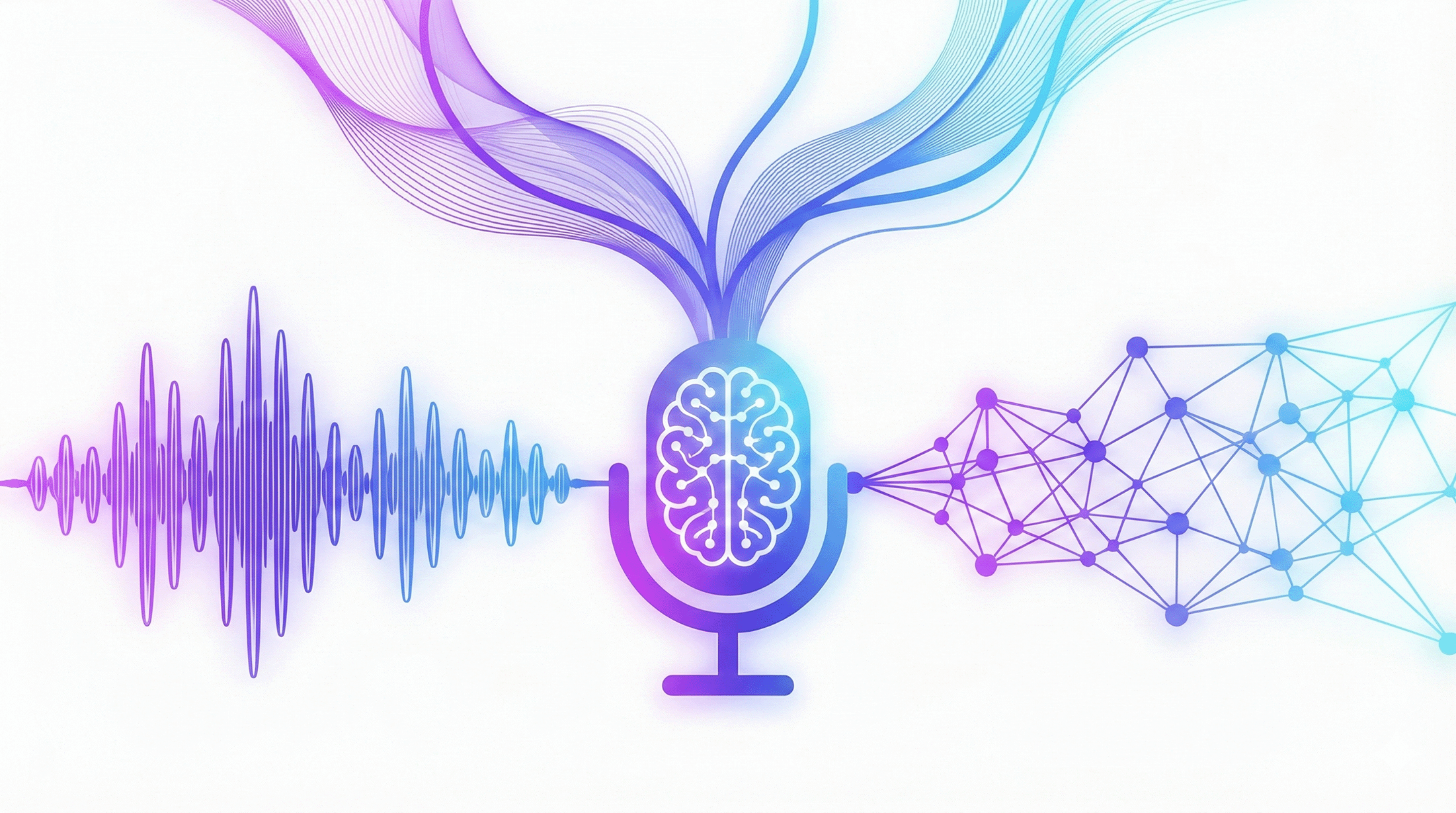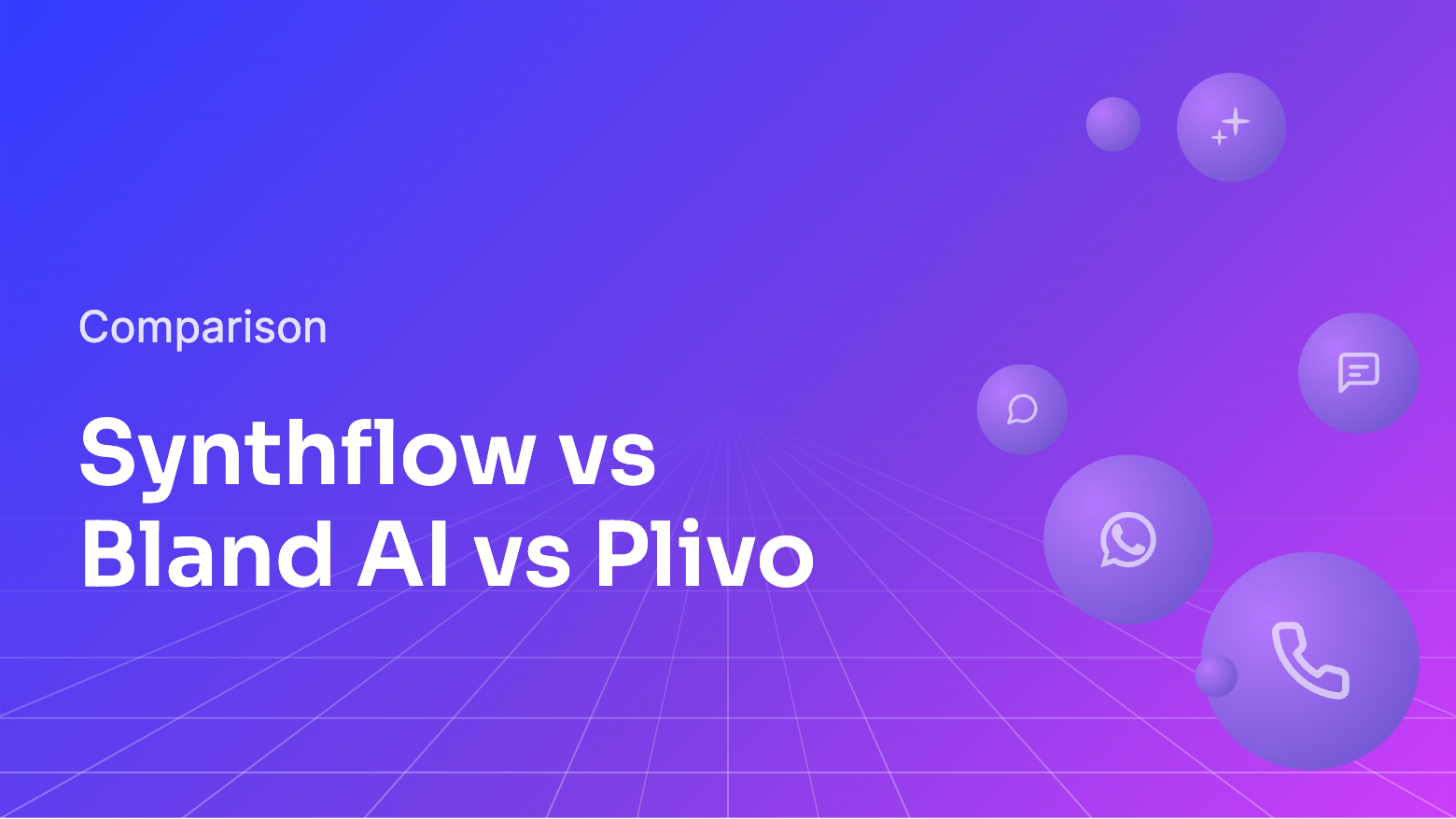Customers are expecting personalized shopping experiences tailored to their needs and interests. While companies have been trying to do their best with existing tools, AI is bringing in more sophisticated ways of personalization.
In fact, AI is adding capabilities that traditional tools can't, such as advanced segmentation, creating individualized experiences, and more.
As a result, one in three business-to-consumer (B2C) organizations have fully included AI-based technologies in their e-commerce operations. Another 47% of companies are experimenting with AI tools.
In this post, we will look at practical ways of using AI for personalization marketing for your eCommerce store.
AI personalization in eCommerce marketing: Top 7 use cases and tips
Here are the top use cases that can take your marketing efforts to the next level:
1. Product recommendations
Customers want recommendations, not necessarily of your best product but of products that are right for them.
Salesforce indicates that 73% of customers want companies to treat them like individuals rather than just numbers. AI is the best way to build such individualized experiences.
Also, there are tools available in the market that can build a profile for every user based on their actions on the eCommerce site and suggest products accordingly.
For example, Vue.ai, an AI orchestration platform, helps eCommerce companies build a personalized search engine that constantly learns from customer behavior.

- It brings complete customer data into one platform and creates individualized profiles for every customer.
- Based on these profiles, it can suggest tailored recommendations for every customer.
2. Predictive search
Once customers open an eCommerce store, they want that one product as soon as possible. According to Salsify data, 18% of consumers only scroll to the first page before clicking on the product, and 41% can go up to page three.
If you are getting customers on your website after many marketing campaigns, it's important to showcase the right product for them before they stop scrolling mid-way.
AI tools help in this as well. For example, Vue.ai can understand the shopper's intent and show relevant results.

3. Personalized landing pages
Once consumers finally open a product page, it can further be personalized for maximum conversion. You can customize different layouts of pages and add dynamic components, such as text, images, and product recommendations, based on individual visitor profiles.
Many websites also change content based on consumer location to show relevant results. These changes have a huge impact. HubSpot found that personalized call-to-actions perform 202% better.
The good part is that there are apps available that simplify dynamic content. For instance, Bloomreach tailors product pages whenever a user lands, based on their behavior and preferences. It can further make the content of home pages and even product categories dynamic based on your requirements.

So, if a user is looking for shoes, it can dynamically create a category of running shoes, hiking shoes, casual shoes, formal shoes, etc, based on their search intent.
4. Dynamic pricing
Dynamic pricing is another powerful strategy to maximize sales by adjusting pricing based on supply /demand, competitor pricing, and inventory levels.
eCommerce is highly competitive, and dynamic pricing allows you to react quickly to market changes and stay afloat. You can:
- Adjust pricing based on competition to stay ahead in the market
- Modify pricing based on product availability to encourage more sales when product stock is surplus.
Dynamic pricing tools help to make informed pricing decisions.
For example, Dynamicpricing.ai continuously monitors product demand/supply, competitor products, and historical trends to set the pricing of products.

5. Customer segmentation
Segmentation is one of the primary marketing strategies of eCommerce platforms, where customers are divided into different buckets, and marketing campaigns are run specific to each bucket.
While manual segmentation is also useful, AI can take segmentation to the next level.
A study published in the Journal of Business and Management Studies has also shown that AI is more accurate in segmenting consumers based on their shared behaviors and characteristics.
- It can identify patterns in data that humans might miss and create dynamic segments.
- Also, AI keeps customer segments continuously updated with real-time data.
For example, Plivo’s AI Agents can make customer segmentation effortless by building dynamic lists and enabling real-time refresh. The tool can also identify patterns and create dynamic lists based on custom attributes to assist in targeted marketing.
Further, it dynamically updates customer segments based on real-time data. So, you always have relevant and up-to-date segments that help you send tailored messages to customers that truly connect.
6. Personalized campaigns
There is no doubt that customers want a touch of personalization in all marketing campaigns. And AI can be an enabler in mass promotions.
Mckinsey notes, "An increasing number are starting to experiment with AI to improve mass promotions. But companies can be more strategic by employing AI for targeted promotions, using data to tailor discounts based on people's shopping preferences or their affinity for different types of offers".
Brands assume AI can write generalized campaigns only. However, when provided access to data, AI can also write personalized campaigns at scale.

For instance, Plivo can create personalized reminders and special offers for customers based on their past orders, preferences, and location data.
7. Abandoned cart recovery
Globally, 70% of customers abandon carts for several reasons. An abandoned cart SMS gives a quick motivation to the customer to complete the purchase. However, a generalized note may not be helpful in all cases.
That's where AI comes in. It can send personalized reminders to win back sales.

For instance, Plivo sends personalized abandoned cart reminders with incentives that matter to that particular buyer.
Start implementing personalization quickly with Plivo
Plivo’s digital AI agents for eCommerce help you personalize marketing and customer service. With these, you can:

✅Getting customers to opt-in for SMS and WhatsApp

✅Dynamically segmenting subscribers for personalized marketing

✅Creating personalized campaigns with an AI copywriter

✅Scheduling marketing campaigns with AI assistance
✅Building reports of campaigns
✅Provides personalized and omnichannel customer service
Book a free trial to see all the features in action and learn how to implement personalization at scale.








